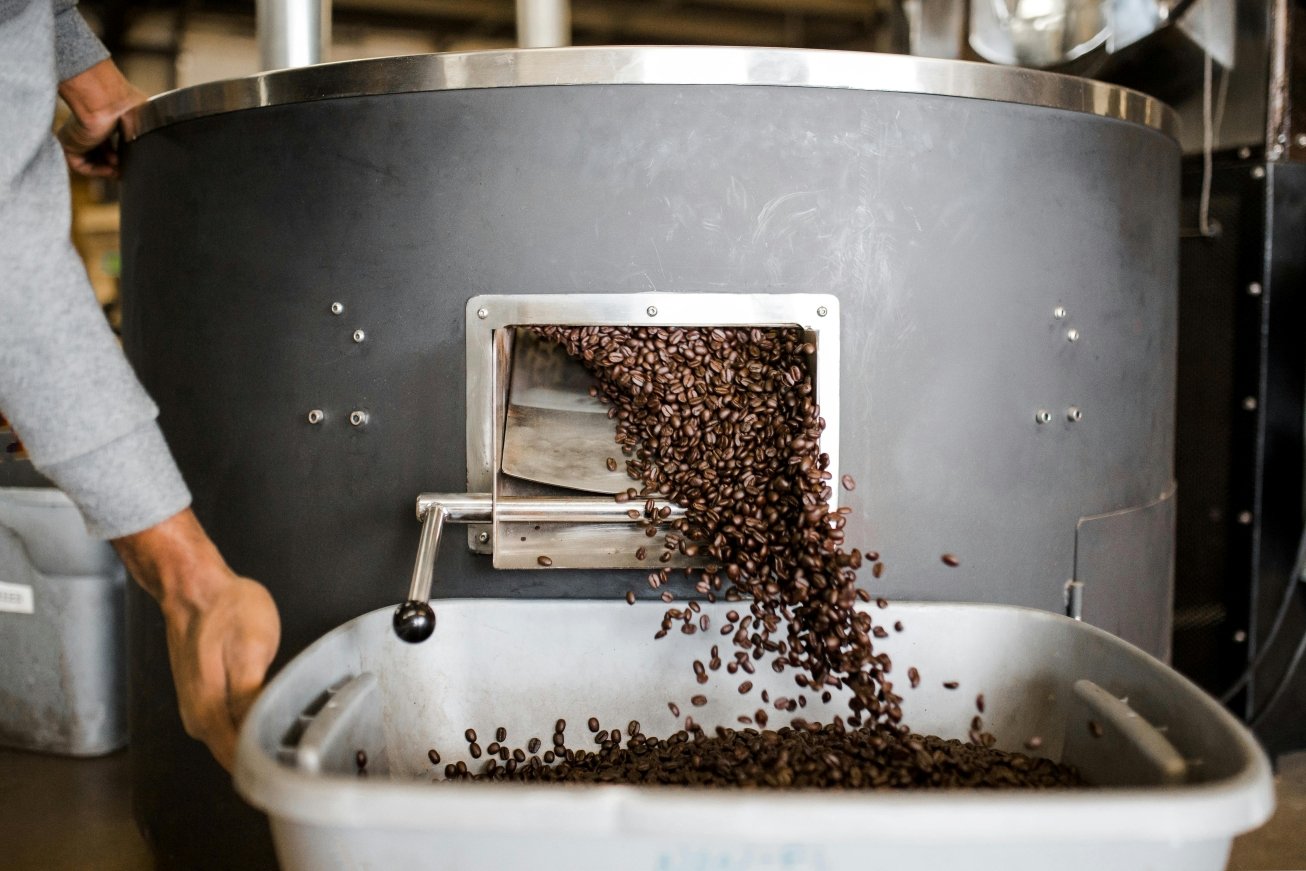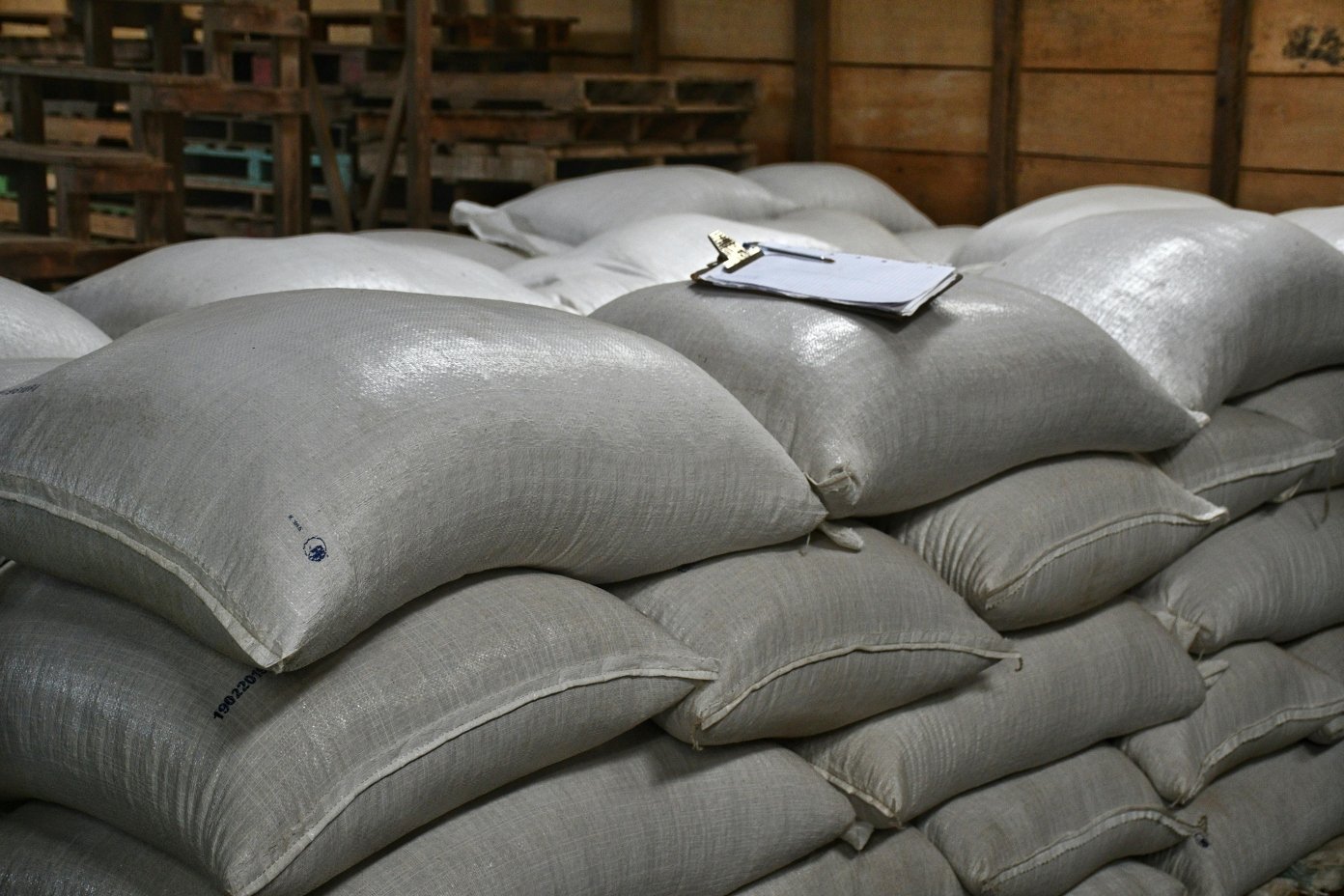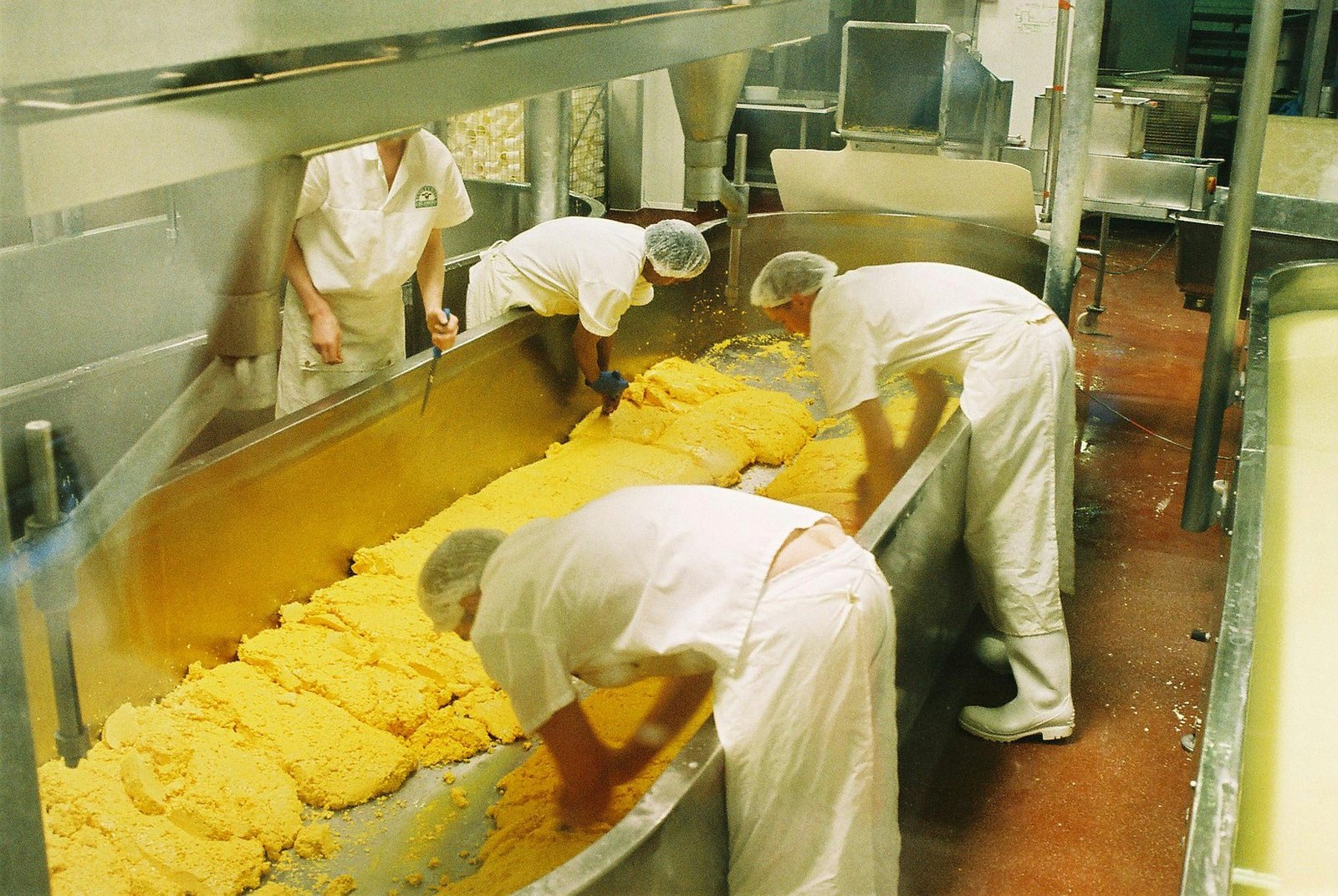How Can ISO 22000 Certification Help Companies Build a Resilient Food Supply Chain?
In today’s global food industry, supply chain disruptions — from pandemics to climate change and logistics delays — have exposed how vulnerable many manufacturers are.
Building a resilient food supply chain is no longer optional — it’s essential for business survival.
That’s where ISO 22000 certification comes in.
More than a food safety standard, ISO 22000 provides a strategic framework that strengthens supply chain stability, traceability, and trust across every level.

Let’s break down how ISO 22000 helps companies achieve true supply chain resilience.
1. Strengthens Food Safety Across All Supply Chain Stages
ISO 22000 ensures systematic control of food safety risks — from raw materials to final delivery.
-
Identifies potential hazards in sourcing, production, and distribution.
-
Ensures consistent hygiene and quality standards across suppliers.
-
Prevents contamination incidents that could disrupt operations.
-
Builds confidence between manufacturers, traders, and retailers.
-
Reduces the risk of costly product recalls or withdrawals.
✅ Result: A supply chain built on safety, consistency, and trust.
2. Enhances Traceability and Transparency
One of ISO 22000’s strongest features is traceability — critical for fast, accurate responses during crises.
-
Requires documentation of every input, process, and output.
-
Enables “farm-to-fork” tracking for all ingredients and products.
-
Simplifies root cause analysis during non-conformities.
-
Builds transparent relationships with suppliers and regulators.
-
Facilitates digital traceability systems like QR codes or ERP integration.
✅ Result: Faster, data-driven decision-making and reduced disruption impact.
3. Promotes Risk-Based Thinking and Preventive Action
ISO 22000 focuses on proactive risk management — not just reactive problem-solving.
-
Encourages identification of operational and external risks (e.g., logistics, raw material shortages).
-
Requires preventive controls to reduce supply chain vulnerabilities.
-
Uses the Plan-Do-Check-Act (PDCA) cycle for continuous improvement.
-
Prepares companies for unexpected events like pandemics or border restrictions.
✅ Result: A forward-thinking supply chain that can anticipate and adapt to change.
4. Encourages Supplier Evaluation and Control
A resilient supply chain starts with strong supplier relationships.
-
ISO 22000 requires evaluation and approval of all critical suppliers.
-
Encourages supplier audits and ongoing performance reviews.
-
Promotes sourcing diversification to avoid over-dependence on one vendor.
-
Builds alignment on food safety, sustainability, and compliance goals.
✅ Result: A dependable supplier network that reduces supply disruption risk.
5. Facilitates Better Communication and Collaboration
ISO 22000 emphasizes effective internal and external communication, which is key to crisis management.
-
Establishes clear communication channels between suppliers, manufacturers, and customers.
-
Ensures timely information sharing on product quality and safety issues.
-
Strengthens coordination during product recalls or regulatory inspections.
-
Enhances stakeholder trust through transparent reporting.
✅ Result: Improved collaboration and faster response during disruptions.
6. Integrates with Other Resilience Standards
ISO 22000 can easily integrate with other management systems to build a comprehensive resilience strategy:
-
ISO 9001 – Quality management and customer satisfaction.
-
ISO 14001 – Environmental sustainability and waste reduction.
-
ISO 45001 – Occupational health and safety.
-
FSSC 22000 – Extended global food safety and sustainability assurance.
✅ Result: Unified management of food safety, quality, and sustainability risks.
7. Reduces Operational Waste and Costs
Disruptions often lead to product loss and inefficiencies. ISO 22000 helps minimize that.
-
Improves process efficiency through standardization.
-
Reduces waste due to contamination or rework.
-
Enhances shelf-life management and stock rotation.
-
Saves costs from avoided recalls, penalties, or reprocessing.
✅ Result: Leaner operations and stronger financial resilience.
8. Builds Customer and Retailer Confidence
Many global retailers now prefer or require ISO 22000 or FSSC 22000 certification for supplier approval.
-
Demonstrates commitment to international food safety standards.
-
Enhances brand reputation and credibility in export markets.
-
Meets requirements of major buyers like Tesco, Carrefour, and Walmart.
-
Improves competitiveness for SMEs seeking to expand globally.
✅ Result: A trusted reputation that opens new market opportunities.
9. Supports ESG and Sustainability Goals
Resilient supply chains must also be sustainable. ISO 22000 supports this by:
-
Encouraging efficient use of raw materials and resources.
-
Reducing food waste and emissions through process optimization.
-
Aligning with ESG frameworks and sustainability reporting.
✅ Result: A responsible supply chain that’s both safe and sustainable.
10. Enhances Crisis Preparedness and Business Continuity
When emergencies occur, ISO 22000 provides a structured response framework.
-
Outlines contingency plans for product recalls or disruptions.
-
Ensures documentation for quick regulatory response.
-
Helps teams recover operations with minimal downtime.
-
Builds confidence with regulators and trade partners.
✅ Result: A resilient organization ready for real-world challenges.
🌍 Final Thoughts
ISO 22000 is more than a food safety certification — it’s a strategic tool for supply chain resilience.
By improving traceability, risk management, and collaboration, companies can safeguard both safety and continuity, even in times of crisis.
👉 At CAYS Scientific, we help manufacturers implement ISO 22000 effectively to strengthen their food supply chain resilience — from supplier evaluation to export readiness.



